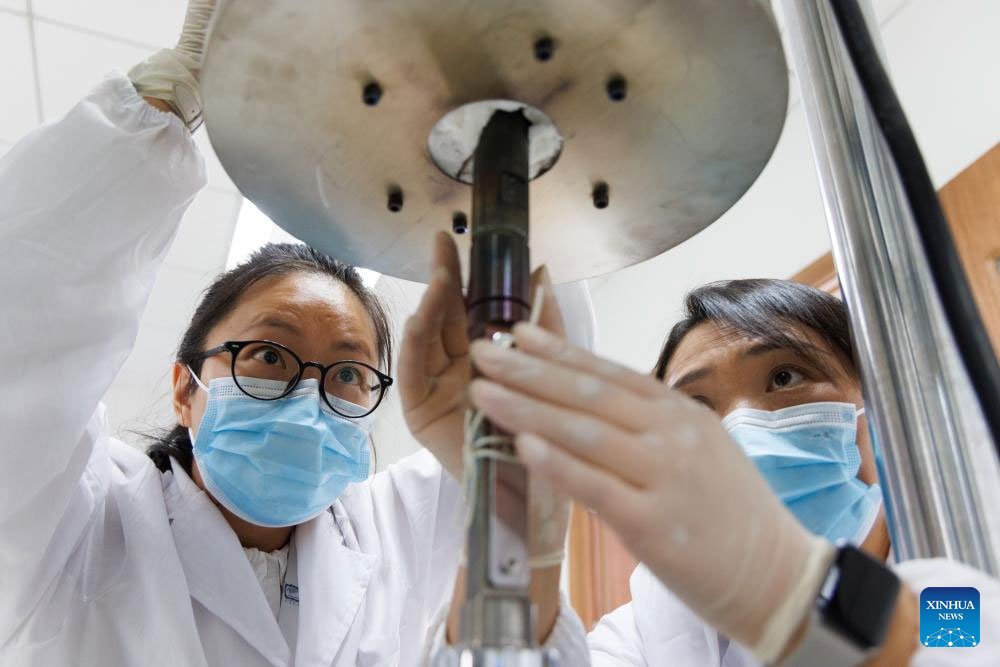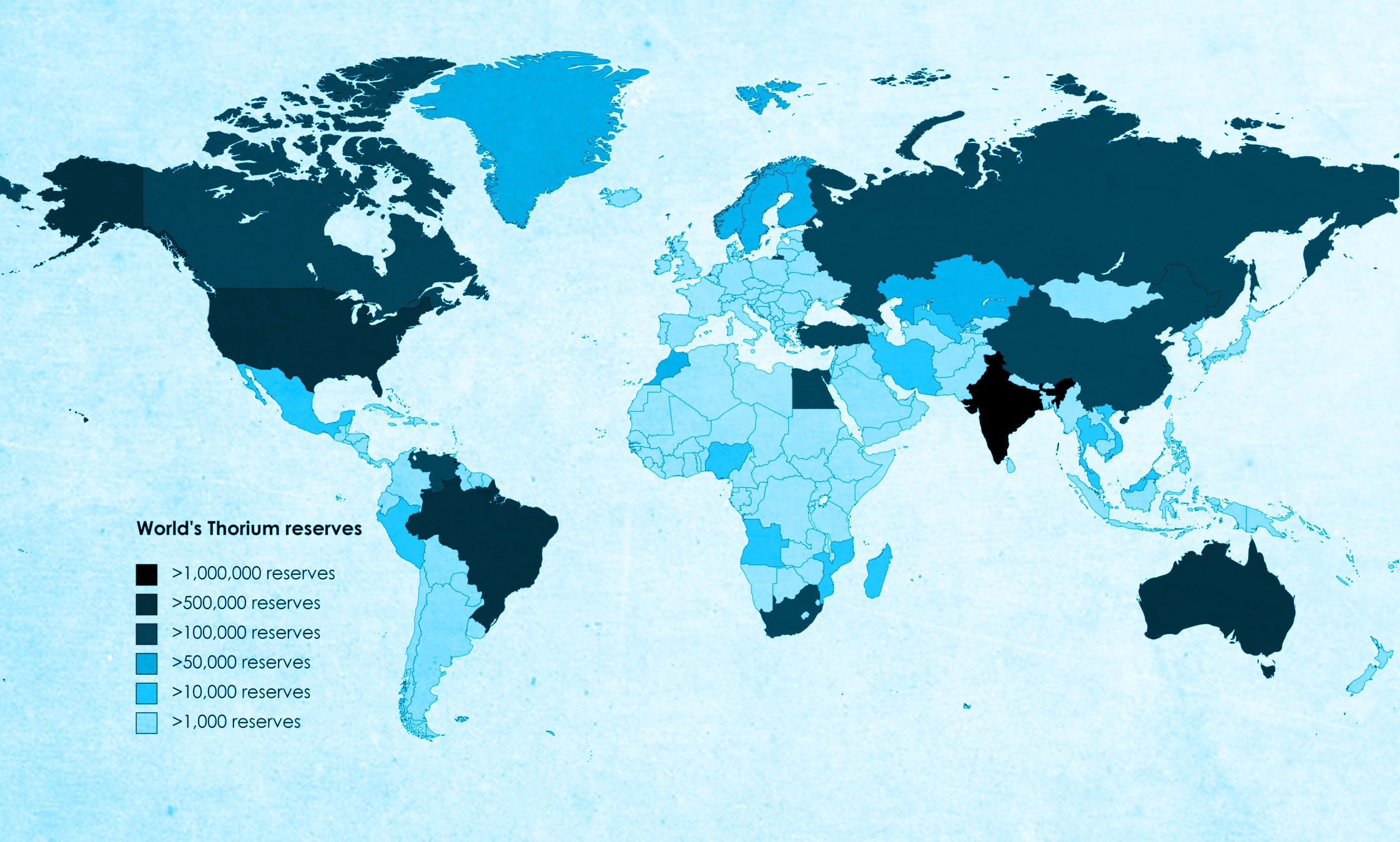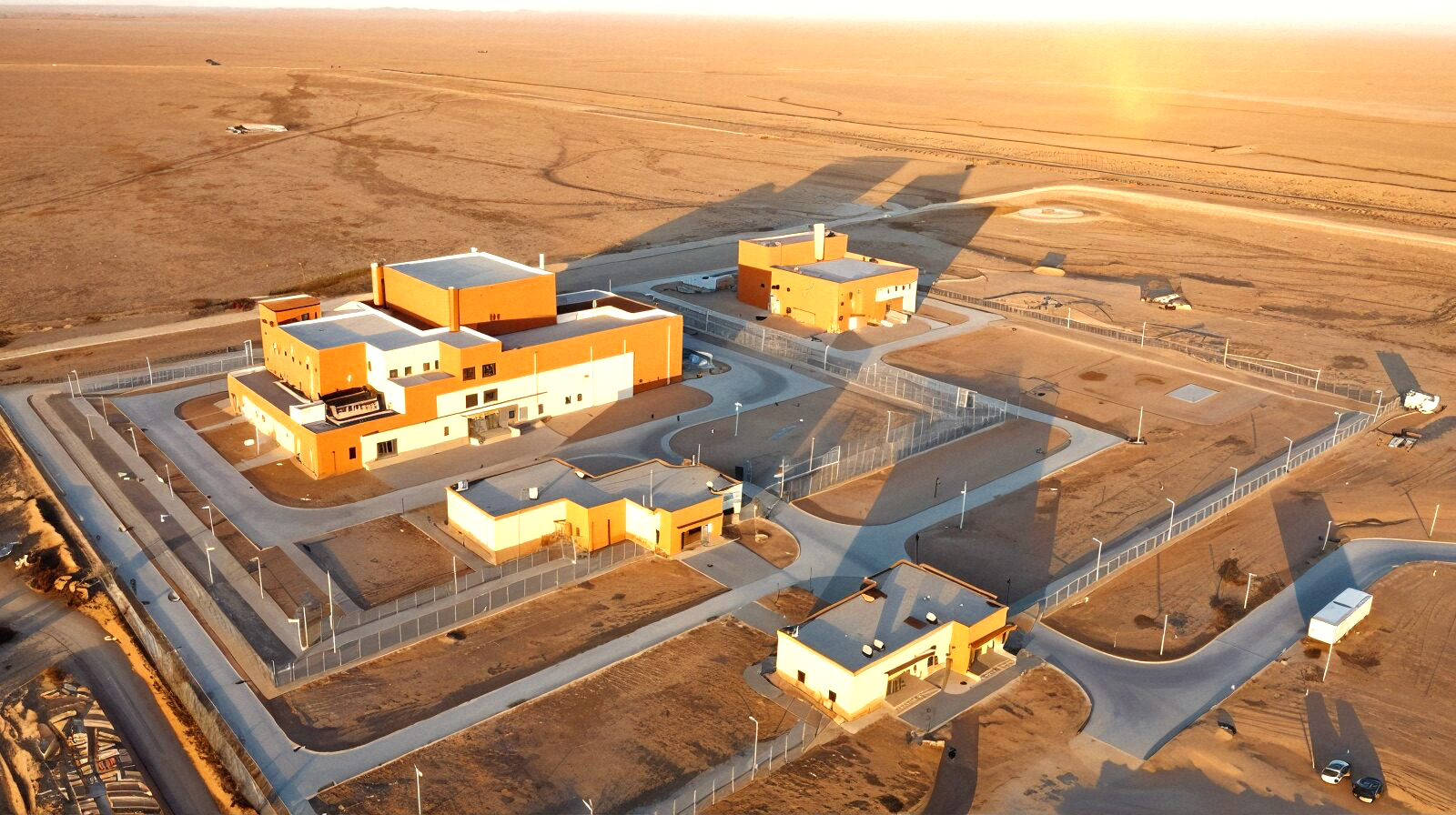The purpose of the Namibia Institute for Thorium Energy is strictly to conduct advanced research and development of the Liquid Fluoride Thorium Reactor (LFTR) and Thorium technology for the eventual development and construction of an energy-based Thorium Power Plant in Namibia that could supply low cost, safer, cleaner, and reliable electricity to the whole of Africa.
Windhoek, Namibia, March 21, 2013 --(PR.com)-- Groot Group with local and international partners comprises of educational institutions, quasi-governmental agencies, NGOs, researchers, scientists, and industry stakeholders are forming Namibia Institute for Thorium Energy (NITE), a nonprofit organization whose objectives are to research and design the plan for a Thorium Reactor as well as develop the Thorium and Thorium Chloride (ThCl4) Liquid for the supply to selected users.
"The abundance of the element thorium throughout the Earth's crust promises widespread energy independence through Liquid Fluoride Thorium Reactor (LFTR) technology. A mere 6,600 tonnes of thorium could provide the energy equivalent of the combined global consumption of 5 billion tonnes of coal, 31 billion barrels of oil, 3 trillion cubic meters of natural gas, and 65,000 tonnes of uranium. With LFTR, a handful of thorium can supply an individual's lifetime energy needs; a grain silo full could power North America for a year; and known thorium reserves could power advanced society for many thousands of years." Flibe Energy.
The purpose of the Namibia Institute for Thorium Energy is strictly to conduct advanced research and development of the Liquid Fluoride Thorium Reactor (LFTR) and Thorium technology for the eventual development and construction of an energy-based Thorium Power Plant in Namibia that could supply low cost, safer, cleaner, and reliable electricity to the whole of Africa.
"Thorium is a by-product of Uranium, and the fact that Namibia is the world's 5th producer of Uranium, this could make Namibia as one of the world's top suppliers of Thorium related products, and if successful, it could propel Namibia in becoming one of the world's largest producers of clean and safe electricity," states United States based Robbie Jena, Groot Group Co-founder; Nuclear Engineer and Thorium Technology Expert.
NITE hopes to secure sufficient donor funds from the local and international donor agencies such as the World Bank, UNESCO, USA Peace Corp, etc., for the needed construction of the Institute's administrative offices and Labs in Windhoek, and to acquire the required equipment for the chemical analysis, HPLC, element analyzers, and chemistry analyzers for the planning and designing of a skeleton model for the Thorium Reactor as well small labs to conduct and do ThCl4 and other scientific experiments.
"We hope to set up this Institute for a high scale energy research to design a backbone skeleton plan that may eventually turn into an energy production from Thorium. To accomplish this, we plan to align the Institute with the local educational institutions, world's class research universities, and Think Tanks in order to help fast track Namibia's students into world-class energy research scientists," states Simon Kapenda, CEO of Groot Group.
India, China, the US, and some European countries are leading the research and development of the Thorium energy base due to the fact that Thorium is safer; Thorium is non weaponry, Thorium doesn't produce radioactive, and it's more abundant for the efficiency generation of clean energy. “Obviously, even with full political support and well funding, this is expected to take more than 7 years of research and development before the realization of a full scale production of Thorium energy based technology for us in Namibia,” adds Simon Kapenda.
Groot Group has previously partnered with some entrepreneurs and local governments in Namibia with some of Germany, South Africa, and Italy's largest equipment and technology manufacturers and providers such as Siemens, Danieli, Zippe, Grenzebach, MSK and more for the development of Tses, Glass, Groot Steel (formerly Otavi Steel), and Sitentu Power Plant in Namibia.







